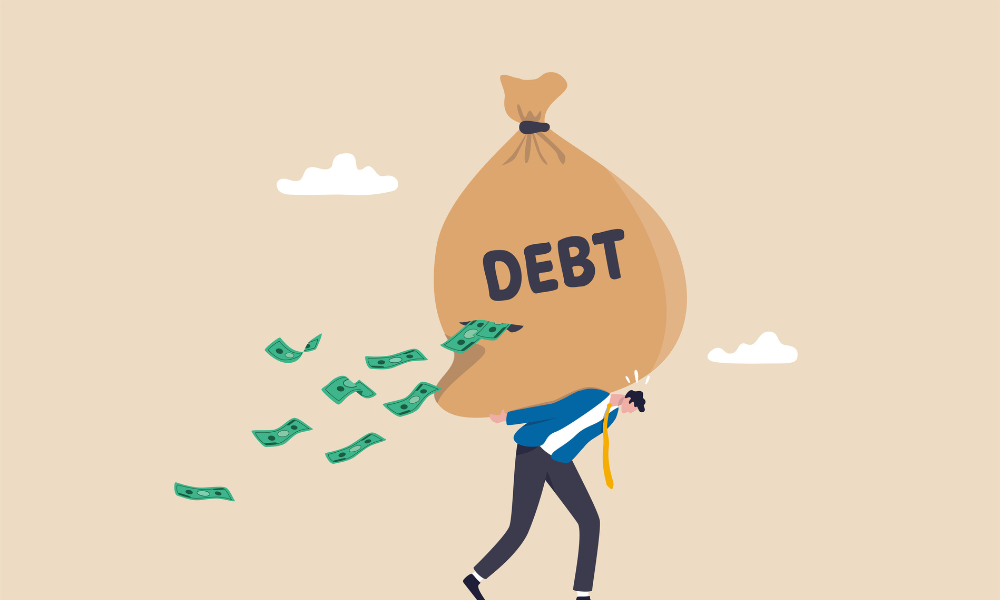With student loans weighing on finances, some wish they’d taken a different route

Millions of Canadians’ financial futures include repayments of the significant debt they accrued during post-secondary education, but was it worth it?
That’s the question weighed by respondents to a new survey from insolvency firm Harris & Partners which reveals that 60% of graduates said they have regrets about their student loan debt.
The poll of more than 3,300 people discovered that the average student loan debt is $28,000 but that does not include interest and fees. For those that don’t graduate and enter a high salary job, the debt burden is exacerbating financial struggles. More than 60% of respondents said that their education wasn’t worth the debt they have.
“It’s heartbreaking to see so many young people financially trapped after doing everything society says they should—get an education, land a job, and work hard,” said Joshua Harris, BComm., MIB, CIRP, a licensed insolvency trustee from Harris & Partners. “The reality is that many graduates are facing significant financial stress, which impacts their mental health, career opportunities, and overall quality of life.”
Worsening the situation for Canadian graduates is that the cost of education is rising, up 2.91% in 2024 alone, and almost 85% of respondents think the government should do more such as increasing grants and other support, lowering tuition fees, easing loan payment schedules, and forgiving a portion of student debt.
“It’s clear that the current system isn’t working for many Canadians,” Harris added. “We need to see a real commitment from policymakers to tackle student debt in a way that’s sustainable and fair.”
Harris notes a recent Supreme Court ruling that complicates the process of insolvency for those with student debt, who return to college.
The court clarified that if a person returns to school and is eligible for government student loans again—even after initially graduating more than seven years ago—the seven-year waiting period for student loan discharge in bankruptcy resets from the latest period of study.
In practical terms, this means that neither the original nor the new loan may be dischargeable if seven years haven't passed since the most recent period of student loan eligibility.
“This ruling could come as a shock to people who assumed their older student debt would be eligible for discharge,” warned Harris. “Even if you graduated a decade ago, going back to school and taking out new loans can reset the clock entirely. This highlights the need for clearer financial education and guidance when it comes to student borrowing.”



